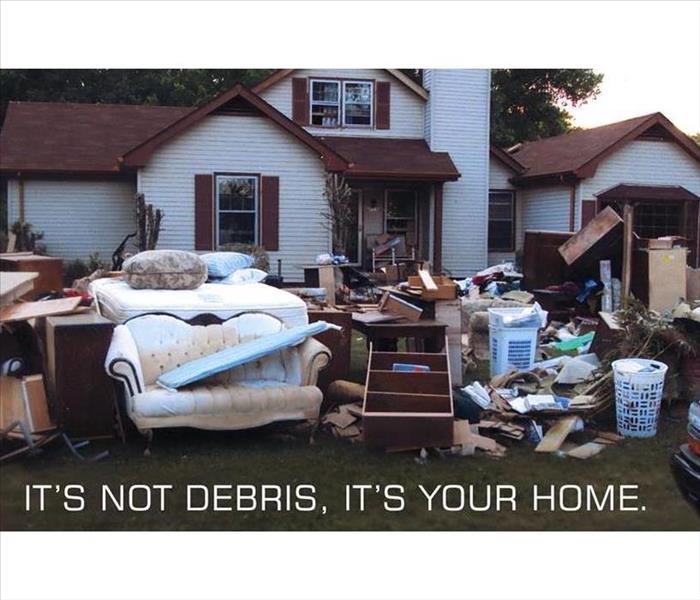Are You Hurricane Ready?
2/9/2018 (Permalink)
According to Helen Lowman with FEMA unlike most natural disasters, hurricanes rarely take us by surprise. There’s a season (June 1 – November 30) when forecasters can see hurricanes developing off the coast, hundreds of miles away, and can track them as they move closer to land. However, when they hit, high winds, heavy rainfall, storm surges, coastal and inland flooding, rip currents, and even tornadoes are all part of the hurricane package that can really pack a punch. That’s why if you live in an area where hurricanes are a threat, now is the time to prepare. The following tips can help you get prepared:
- Be prepared if you lose power. If you or anyone in your household depends on medical devices that are powered by electricity, this is a priority. Talk to your medical equipment company to find out what will happen to your equipment during a power outage.
Make sure you have extra compatible batteries for your flashlights, radios or any device that can run on battery power
FEMA recommends each person have at least a three-day supply of food and water, and more if possible.
Set your freezer and refrigerator to the highest temperature so that it can stay cooler longer if you lose power. - Have an emergency supply bag. Food, water, medication and batteries are just some of the basic emergency supplies you’ll want to have ready in a “Go Bag” that you can grab quickly before evacuating. Take time now to make a list of the things you would need or want to take with you if you had to leave your home quickly.
- Know your community’s evacuation plans. Many communities have designated “evacuation routes” and some even have evacuation zones. You will want to be familiar with these so if your local authorities issue an evacuation order, you’ll know exactly where to go.
- Make provisions for your pets. Arrange a place for them to stay if possible. If you are taking them with you locate hotels that are pet friendly and bring their food along.






 24/7 Emergency Service
24/7 Emergency Service
